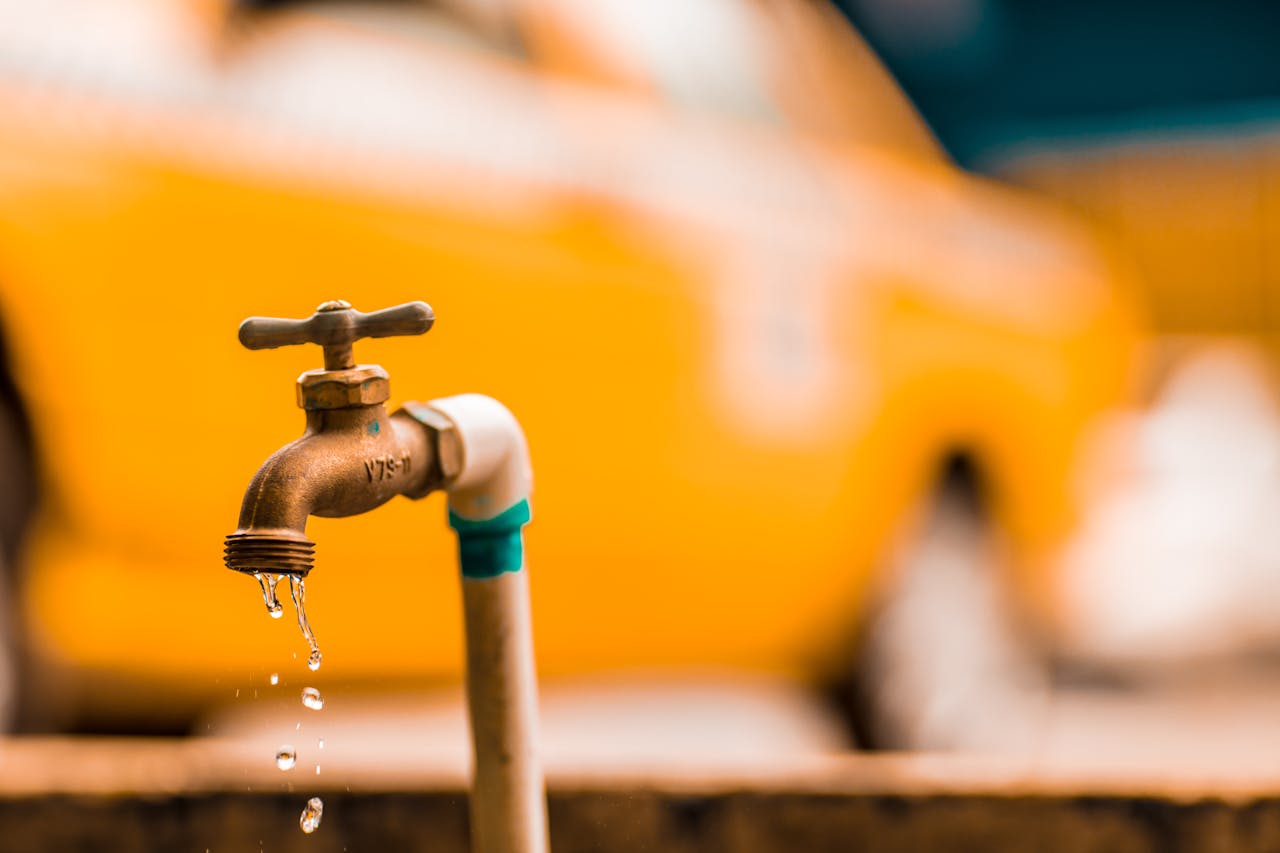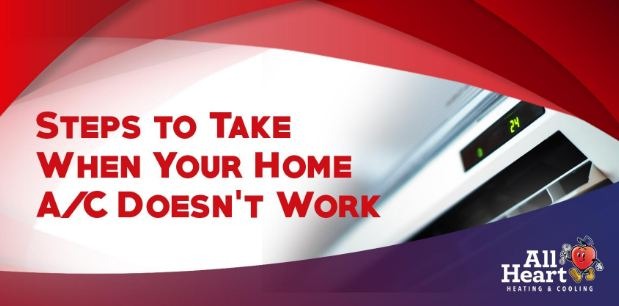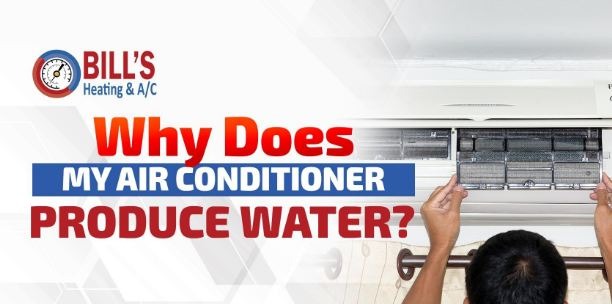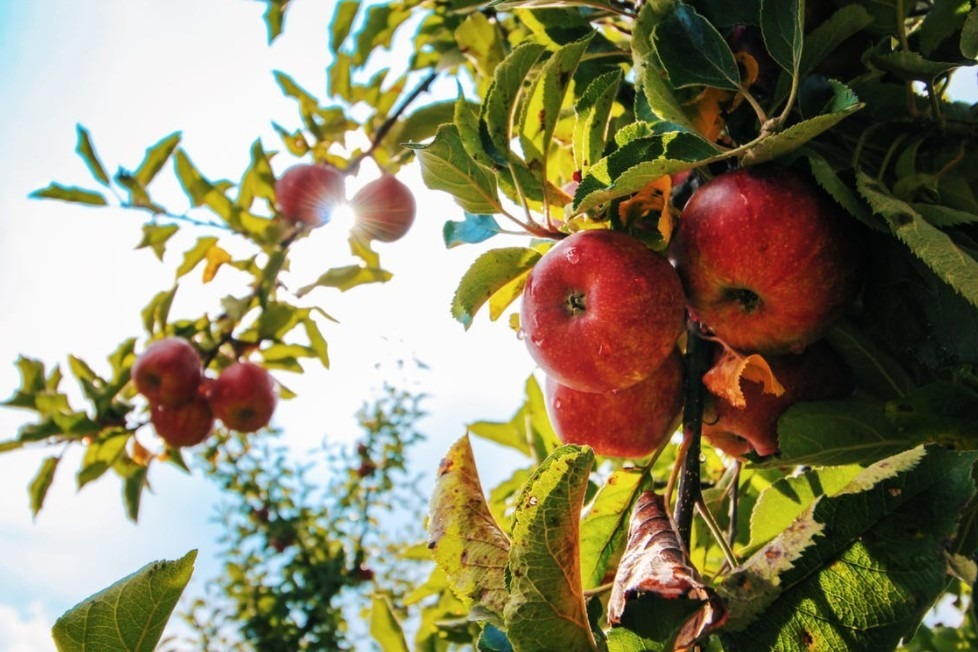Vinyl Fence: How Long Does It Really Last Compared to Wood?
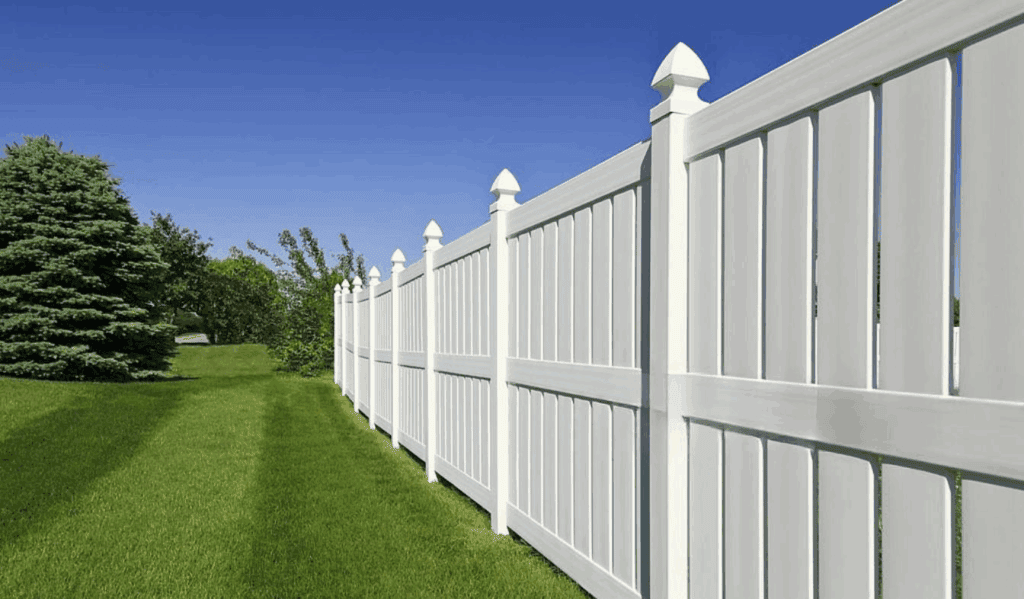
Durability is key when picking a fence for your home. We often compare vinyl and wood fences to see which lasts longer.
Vinyl fencing is popular for its durability and easy upkeep. It doesn't rot, decay, or get damaged by insects. This makes it a great choice for those wanting a fence that lasts.
Looking at vinyl and wood fences, we see each has its own benefits. In this article, we'll look at the main differences and why vinyl might be better than wood.
Key Takeaways
- Vinyl fencing is more durable than traditional wood fences.
- Low maintenance is a significant advantage of vinyl fencing.
- Vinyl fencing is resistant to rot, decay, and insect damage.
- Wood fences require regular maintenance to extend their lifespan.
- The initial cost of vinyl fencing is often higher than wood fencing.
- Vinyl fencing offers a longer lifespan compared to wood fencing.
The Evolution of Modern Fencing Solutions
Vinyl fencing has changed how we think about home boundaries. Today, vinyl fencing comes in many styles and designs. This makes it a great choice for homeowners.
It's known for being easy to maintain and lasting long. Unlike old materials, vinyl fencing doesn't rot, crack, or fade. It stays beautiful and useful for many years.
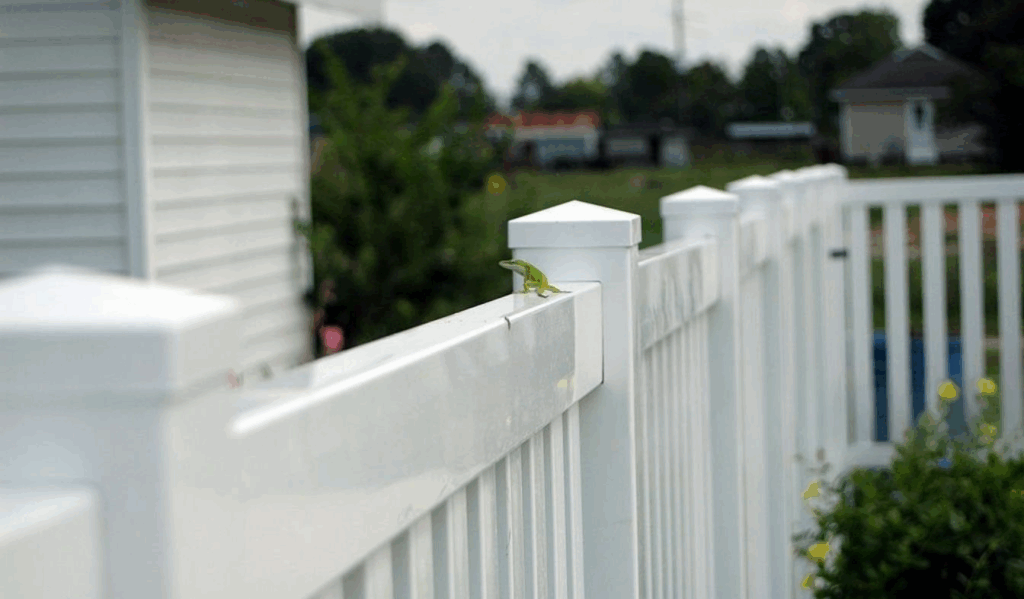
Vinyl fence designs vary a lot. Homeowners can pick a style that matches their home's look. You can find everything from modern and sleek to traditional and ornate.
Vinyl fencing keeps getting better, and it's here to stay. If you want to make your property look better or need a strong fence, vinyl is a smart pick.
What Makes a Vinyl Fence Different?
All County Fence and Gate, Inc., Los Angeles
http://www.allcountyfenceandgate.com/
Vinyl fencing is made to last, standing up to rain, sun, and pests. It doesn't break down like other materials do.
It's also easy to care for. We don't need to paint or stain it, and cleaning is simple. This is because vinyl is made to resist weather and damage from insects or rot.
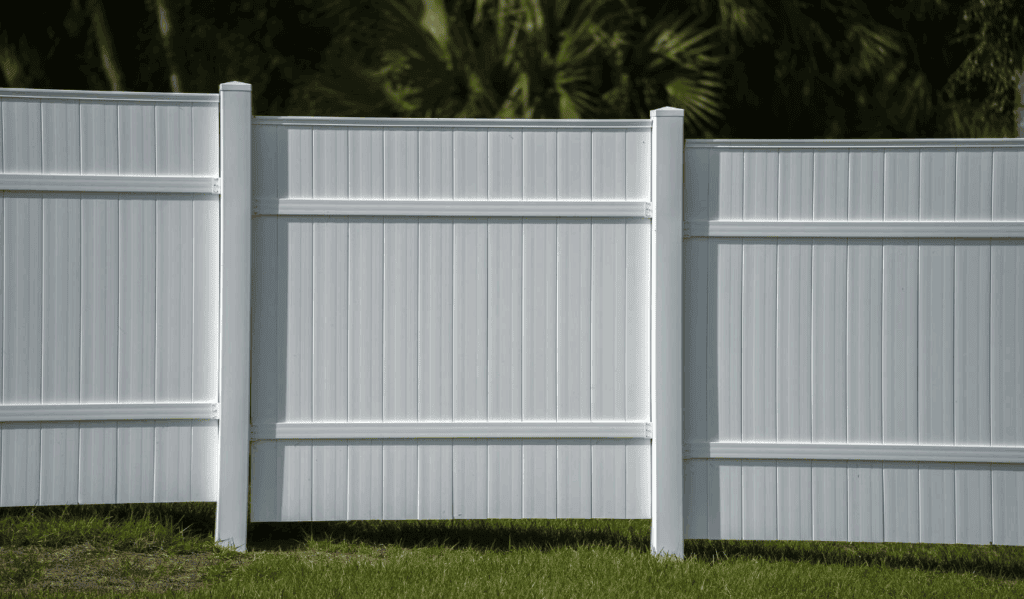
Vinyl fencing is strong because it's made with vinyl and other materials. This makes it last for decades with little care. Plus, it comes in many styles and colors, fitting any home.
Vinyl fencing is loved for its durability, ease of care, and style. It's a smart choice for fencing, lasting long and looking good.
The True Lifespan of a Vinyl Fence
Homeowners looking for a durable fencing option often choose vinyl. Vinyl fences last longer than wood fences. But what affects a vinyl fence's lifespan?
Vinyl fences can handle different weather conditions well. They don't rot, warp, or crack like wood does. Yet, several factors can still impact their lifespan.
Impact of Climate Extremes
Extreme weather can affect a vinyl fence's life. While vinyl is stronger than wood, harsh weather can still wear it down. For example, very hot temperatures can make vinyl more brittle.
In mild climates, vinyl fences can last up to 30 years or more with care. Regular cleaning and checks help spot problems early. This keeps the fence looking good.
UV Exposure Effects
UV rays also play a role in a vinyl fence's lifespan. They can make the vinyl's color fade, making it look worn. But most vinyl fences today are made to resist UV damage.
Comparing vinyl to wood, vinyl wins in longevity. Wood fences often need to be replaced in 10 to 20 years. But a well-kept vinyl fence can last for decades, saving money in the long run.
In summary, while weather and UV rays can affect vinyl fences, their durability and maintenance make them better than wood. Knowing this helps homeowners choose the best fencing option.
Wood Fence Longevity: Setting the Baseline
The life of a wood fence depends on the wood type. Different woods last longer or shorter, affecting homeowners' choices.
Pressure-Treated Pine
Pressure-treated pine is a favorite for its fight against rot and bugs. It's treated with chemicals to last longer. A pressure-treated pine fence can last 10 to 15 years with care.
Cedar and Redwood
Cedar and redwood resist rot and bugs well. Cedar fences are beautiful and can last 15 to 20 years. Redwood, being denser, also lasts up to 20 years. Both are pricier than pressure-treated pine but worth it for their long life.
Tropical hardwoods, like ipe, are very durable and can last decades. They cost more but save money in the long run. For those wanting a fence that lasts, tropical hardwoods are a good choice, even cheaper than some vinyl fences.
Knowing how long different woods last helps homeowners choose wisely. They can balance the initial cost with the wood's durability.
Vinyl Fence vs. Wood: The Durability Showdown
Vinyl fences are more durable than wood fences. They resist environmental stresses better.
Vinyl fences are made from plastic that can handle harsh weather. They don't warp, rot, or get brittle like wood does. This means vinyl fences stay strong and need less upkeep.
Wood fences, on the other hand, can rot, warp, or crack from moisture or extreme temperatures. They're also more likely to get damaged by insects.
Vinyl fences last longer than wood fences. While wood fences might need to be replaced every 10 to 15 years, vinyl fences can last 20 to 30 years or more. This makes vinyl fences a better value over time.
Vinyl fences also come in many styles and designs. You can find modern, sleek designs or traditional looks. Vinyl fence panels can be customized to fit your style.
In summary, vinyl fences are more durable than wood fences. They resist environmental stresses, need less maintenance, and last longer. This makes them a great choice for a long-lasting fencing solution.
Professional Vinyl Fence Installation Best Practices
The life and look of a vinyl fence depend a lot on how it's installed. A well-installed fence can handle different weather and keep its beauty for years.
To get a long-lasting vinyl fence, it's key to follow the best installation steps. This means setting the posts right, making sure the panels are even, and fixing the fence well to the ground.
Experts know how to pick the right vinyl fence design for your place. They also have the tools and skills to solve any installation problems.
Choosing professional installation means you get a vinyl fence that boosts your property's value and looks. Regular checks during installation can spot any problems early.
Maintaining Your Vinyl Fence for Decades of Service
Keeping your vinyl fence in top shape is easy. Just clean it regularly and fix it when needed. This way, your fence will look great for years.
Vinyl fences are easy to care for because they don't need painting or staining. A quick wash with soap and water can clean off dirt and grime.
If your fence gets damaged, like a crack, you can often fix it without replacing the whole thing. You can use a vinyl fence repair kit or get a professional to do the job.
Dealing with Ground Shifting
Ground shifting can make your fence posts uneven. Check and adjust your fence posts often to keep your fence strong. It's important to keep the posts level and securely in the ground.
By following these easy maintenance steps, your vinyl fence will last for a long time. This makes it a smart choice compared to wood fences, which need more care and upkeep.
Environmental Considerations: Sustainability Factors
Vinyl fencing is not only durable but also offers several environmental benefits. It can be recycled at the end of its life cycle. This reduces the waste sent to landfills.
Compared to traditional wood fencing, vinyl fencing needs less maintenance. It doesn't need to be replaced as often. This leads to a lower environmental impact. Vinyl fencing also doesn't rot, warp, or crack. This means no need for chemicals used in treating wood.
When choosing a vinyl fence, consider the manufacturing process. Companies that focus on sustainability can greatly reduce their environmental footprint. Picking the best vinyl fence company that uses eco-friendly practices is key. Although the initial vinyl fence cost might be higher than wood, the long-term savings and environmental benefits are worth it.
By choosing vinyl fencing and a reputable installer, homeowners get a durable, low-maintenance fence. They also support sustainable practices.
Choosing the Right Fence for Your Property
Choosing the right fence involves many factors. The choice between vinyl and wood fencing depends on your budget, how much maintenance you want, and your style preferences.
Every homeowner has different needs. For example, if you live in an area with harsh weather, a vinyl fence is a good choice. It doesn't rot, warp, or get damaged by insects.
But if you want a traditional or rustic look, wood fencing might be better. Yet, think about the long-term costs of upkeep and possible repairs or replacements.
Think about your property's style and architecture too. A vinyl fence can match your home's look, giving it a sleek, modern feel. The best fence for you depends on your needs, budget, and what you like.
By looking at these factors and the pros and cons of vinyl and wood fencing, we can guide you. This way, you can choose a fence that boosts your property's value and looks.
Conclusion: Weighing the Long-term Value of Vinyl vs. Wood Fencing
When looking at fencing options, vinyl stands out as a durable and easy-to-care-for choice. We've talked about the good and bad of both vinyl and wood fences. This includes how long they last, how much upkeep they need, and their impact on the environment.
A vinyl fence can last up to 30 years or more with the right care. Even though vinyl fences cost more upfront, they save money in the long run. This is because they need less maintenance and repairs.
Choosing between vinyl and wood fences depends on what you need. If you want a fence that's easy to care for and lasts a long time, vinyl might be the best choice for your home.

